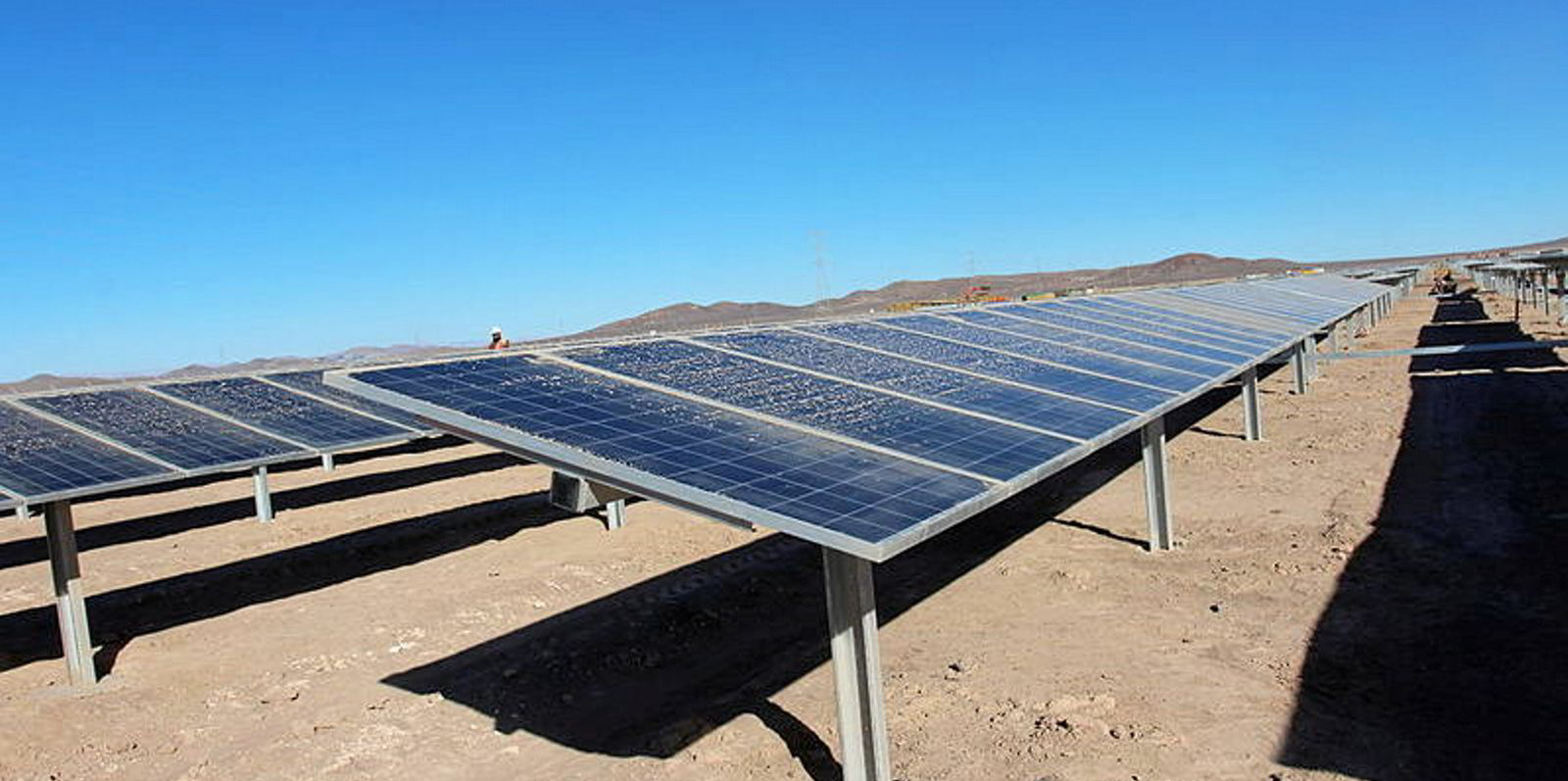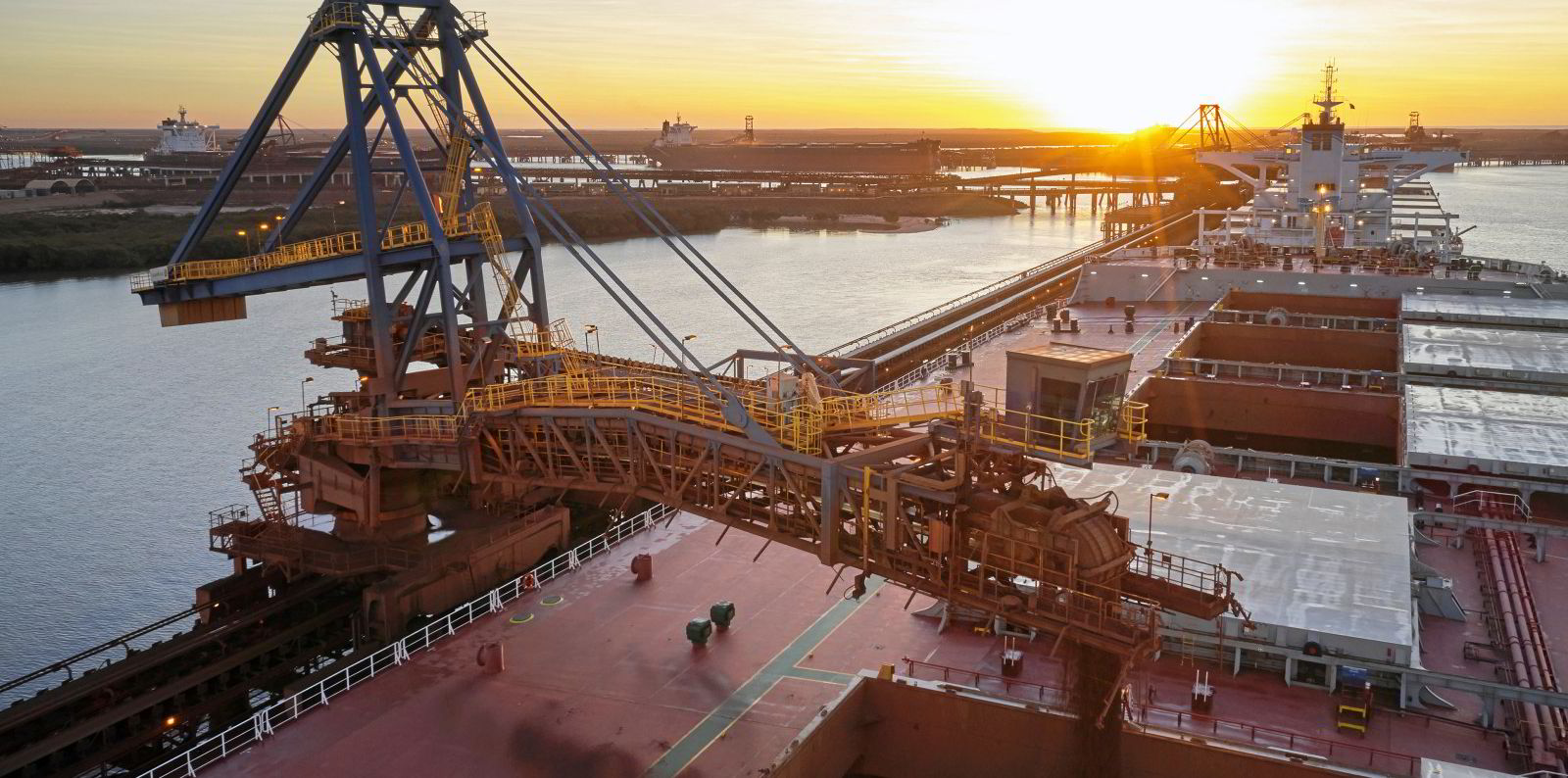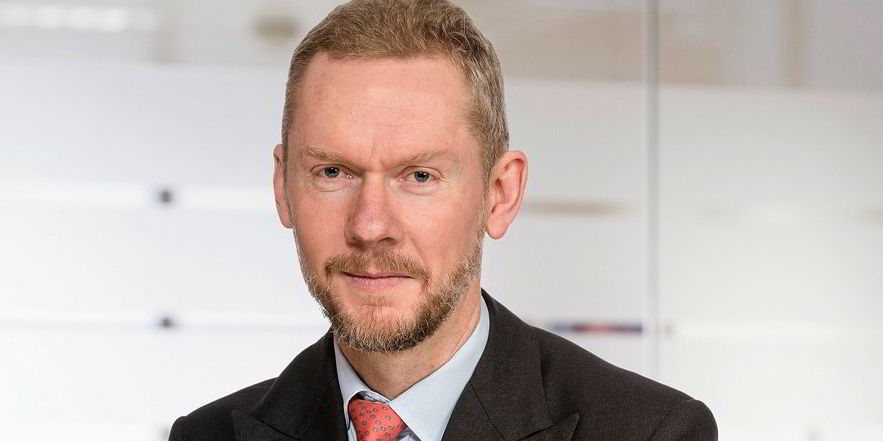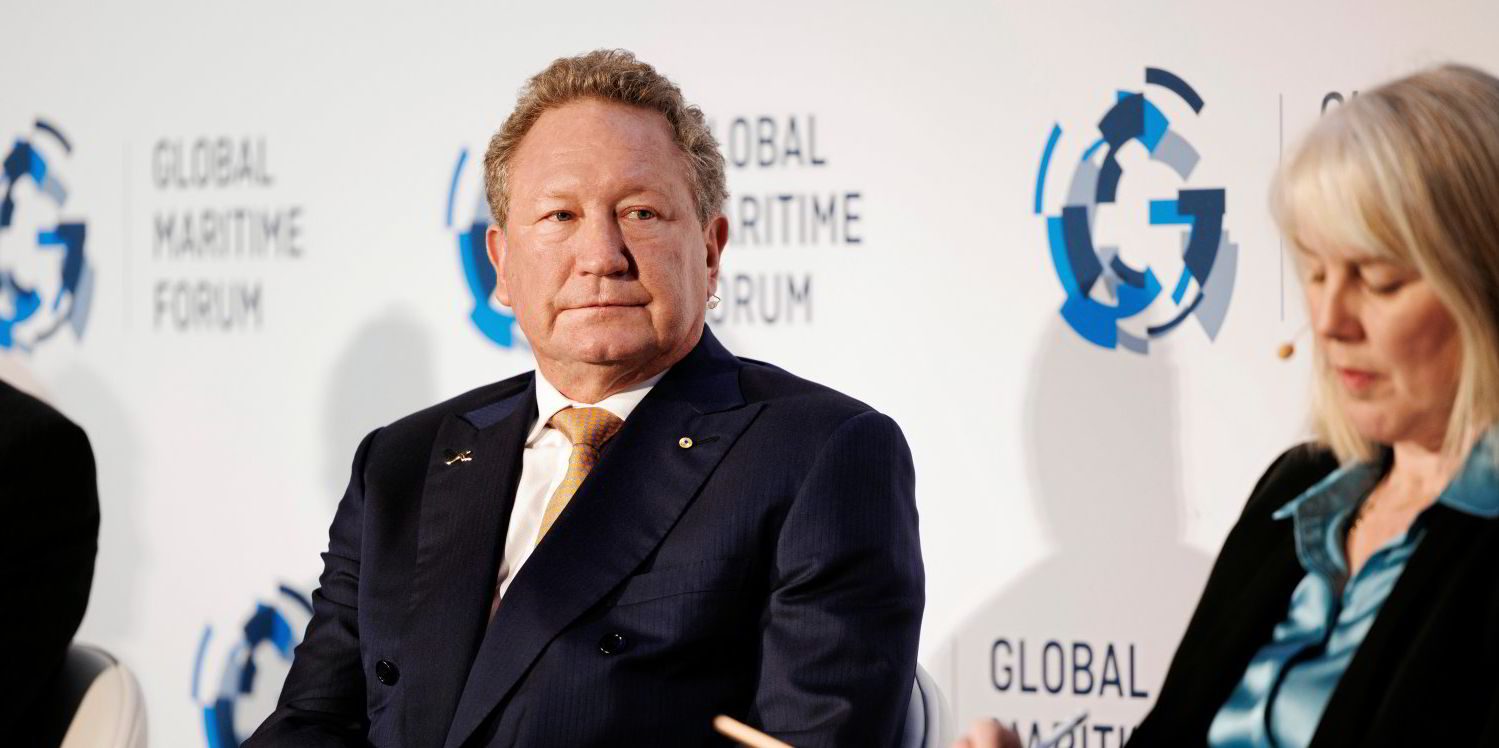A huge change is coming for bulker owners as steel production goes where the cheapest forms of renewable energy are being developed, according to Danish Ship Finance (DSF).
The vessel financier said the regional adoption of clean energy and the relocation of basic materials industries will likely have a "radical" impact on shipping.
The key is the thermal energy needed to make steel, cement and other basic materials, if this sector decarbonises towards the middle of the century using hydrogen.
"Think of how the United Arab Emirates' solar-powered smelter has turned parts of Guinean bauxite into green aluminium for the German car industry," DSF said.
The low price of the energy has determined the smelter location, the lender argued.
Long-haul model under threat?
Renewable electricity can efficiently deliver any desired temperature directly or via infrared, microwaves, plasmas or hydrogen, DSF added.
In today's markets, iron ore is often transported long distance by bulkers. Australia and Brazil ship the ore to Chinese coal-fired blast furnaces, which make half the world's steel.
"Such dirty process heat is likely to give way to clean heat generated by renewables — elsewhere in China or imported — or clean-heat processes will shift abroad altogether," the lender said in its half-yearly shipping round-up.
Australia's Fortescue Metals is planning to build a green steel pilot plant this year that taps the country's abundant sun and wind resources to produce hydrogen.
Trial under way in Australia

The company intends to build a commercial plant in Western Australia's Pilbara region, locating steel production with iron ore and locally abundant renewable energy rather than shipping ore to dirty steel mills far away.
"A pilot will clearly not change a global industry, and not all existing manufacturing plants will switch to renewable heat," DSF said.
"Many will, though, over the next few decades, or will be replaced by purpose-built plants in regions with cheap renewable electricity," the lender warned.
DSF believes the decarbonisation of industrial heat could significantly change the demand outlook for vessels currently serving coal-fired blast furnaces for steel production, coal-fired or gas-fired cement kilns, ethylene plants, chemical plants and aluminium production plants.
Traditional cargoes face dwindling returns
Seaborne trade volumes are likely to shrink for some of the shipping industry's largest cargo categories, including crude oil, oil products, coal and natural gas towards 2050, the lender said.
But the trade in hydrogen fuels could see massive increases.
Energy transition research company BloombergNEF is predicting that green hydrogen will beat natural gas-based hydrogen this decade and become competitively cheap towards 2050.
And recycled materials may create new trades for vessels smaller than those transporting new materials.
"If these predictions prove fairly accurate, emissions from shipping will improve not only with the introduction of new fuels but also owing to a massive reduction in seaborne commodity demand," DSF concluded.






